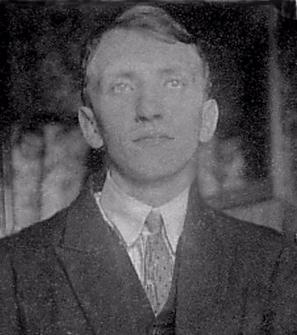
Official documents confirm two birthdays, and depending upon the source, he was born either September 22 or September 27, 1907. He rarely worked in the public eye, and (except for a street demonstration in May 1968), he never spoke in public, appeared on radio or television, overtly participated in politics, nor allowed himself to be photographed. Although living on the periphery of Parisian intellectual life, he mostly resided in isolated villages outside the capital. His writing, then, must serve as hesitant testament to biographical details, but even this avenue comes up against dead ends of information.

), is populated by nondescript characters or personae and set within stark, unadorned situations and locales, further speaking toward or against the neutered ontology that can dissolve difference and meaning from otherwise relational—and hence ethical—life (as lived phenomenon).
And yet every bit of biographical material that surfaces indicates a rather remarkable life: befriending Emmanuel Lévinas in the mid-1920s while both were studying philosophy at the University of Strasbourg; hiding Lévinas’ wife and daughter from the National Socialists during World War II; befriending Georges Bataille in 1940 and later partnering with Bataille’s former lover Denise Rollin; escaping certain execution by a German firing squad in June 1944; and chatting with Michel Foucault during the street demonstrations of Paris in 1968.
Blanchot’s friendships had a very substantial bearing on both his philosophical and literary writings. His books were written as if they were transcriptions of conversations unmoored from any context or character study. Writing, in fact, mediated his relationships, especially his relationships with his most intimate friends. During the war, he somehow managed to help Lévinas, who was at the time in a prisoner-of-war camp for French soldiers in Germany, maintain contact with his family through letters while they were in hiding. Curiously, and although he refused to meet the man in person, he continued a “close” friendship with the poet Edmond Jabès for several decades via letters.
Blanchot’s (unwritten) life, then, was at its most basic—and its most extreme—a life of letters, mediated by the work and demand of writing, and whose written word allows for the sustaining preservation of the irreducible relation between self and other, and among writer, the written, and friend.


